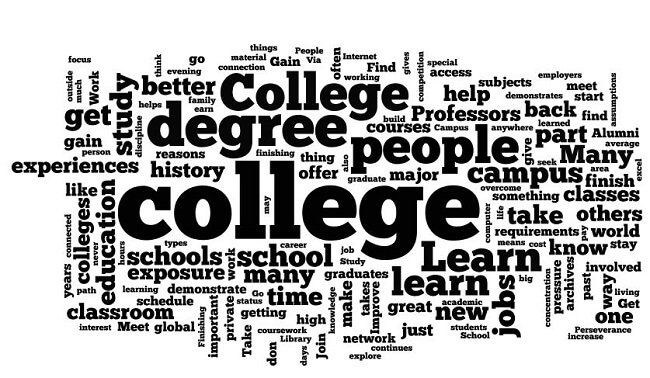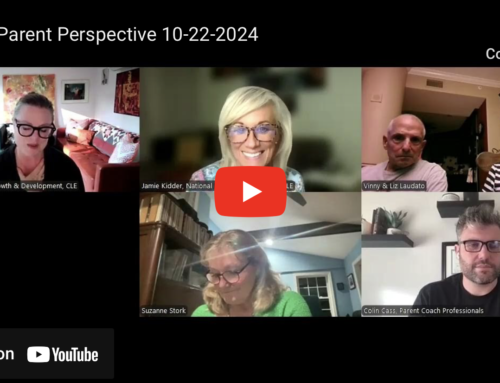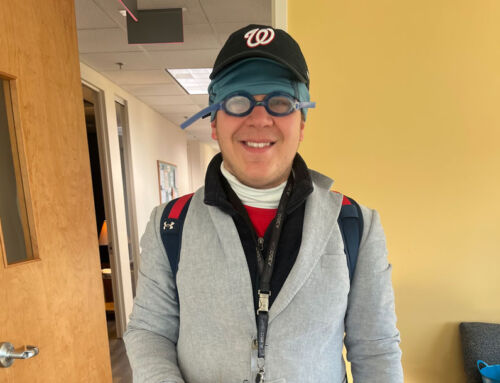Congratulations! You’ve made it to the next level of the game when it comes to your education: college. This next stage will be an exciting one, but it will also bring its share of challenges. As a high school graduate, you’re undoubtedly a clever scholar who knows your way around the education system. But one of the challenges of success in college is recognizing how it differs from high school. The following chart will help you recognize some of the differences between high school and college and how to navigate those differences.
|
HIGH SCHOOL |
COLLEGE |
| Schedule |
Monday through Friday, morning to afternoon, your schedule is largely dictated to you. While you lack freedom, you know where you’re supposed to be and when. |
Mondays and Wednesdays or maybe Tuesdays and Thursdays, or maybe just Friday mornings, your schedule is largely dictated by you. And while there is a great deal of freedom in this, there is also more responsibility to know your schedule |
| Types of Classes |
While you may have some freedom in deciding what classes to take, high school curriculums are tightly controlled and largely uniform in their requirements. High school students across the state and even the nation study largely the same subjects. |
College offers a dizzying array of classes. You can find classes that appeal to even the most arcane interests, but understanding how these classes fit in with your overall educational goals can be unclear. |
| Study Time |
In high school you were probably at school and in class most of the day. In fact, much of your work may have been completed in class. |
In college you will spend about three hours a week in class for each subject. But don’t be fooled. You are not done with school when class is over. In fact, the work is just beginning. For each hour you are in class, you will likely need to study from two to three hours outside of class. |
| Student Services |
High schools seek out students with unique needs. High schools typically know you and what assistance you may need and will most often make those services available to you, sometimes even when unasked for. |
Services are available to you, but you have much more responsibility to access and utilize those services independently. They’re there, but you must request them. |
| Communication |
High school teachers (good ones) often reach out and offer help. Even if you don’t ask, they may ask how you’re doing and what they can do to help. |
College instructors will not likely extend unsolicited help. Certainly, if you reach out to them, they will likely be glad to offer their assistance, but it is up to you to ask. |
| Social Life |
In high school you were likely corralled with the same people every day. Proximity and time alone may have helped to form friendships. |
On a large college campus, it’s not unlikely that you will never have a class with the same person twice. As such, it can be much harder to get to know people. Making friends just won’t happen as effortlessly. However, the various social clubs available make it possible to make friends with similar interests and goals. |
| Counseling |
Your high school counselors may have helped to narrow your interests and identify your strengths, helping you to choose an educational and career path that’s right for you. |
College counselors will ask you where you want to go and then point the way. You will need to be proactive with counselors and ask them the right questions. |









